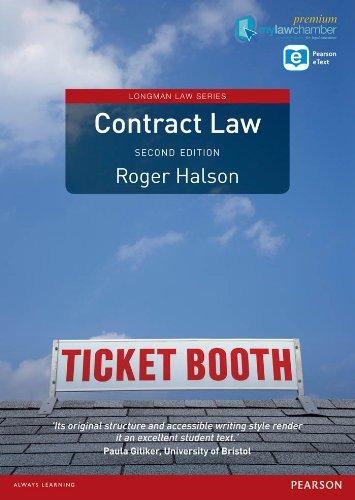Gmail YouTube Maps Dashboard TopLU VIEUs iting Center Difficult questions sometimes arise when the subject of the contract is a hybrid of goods and real estate or goods and services. If the seller is called on to sever crops, timber, or minerals from the land, or the buyer is required to sever and can rary/Archives do so without material harm to the land, then the items are goods subject to Article 2. When the goods are "sold" ES incidental to a service, the "predominant factor" test is used, but with inconsistent results. For two categories of goods, legislation specifically answers the question: foodstuffs served by a restaurant are goods; blood supplied for transfusions is Media not. grid Although they are kin, in some areas Article 2 differs from the common law. As regards mutual assent, the UCC abolishes kingStorm On: the mirror image rule; it allows for more indefiniteness and open terms. The UCC does away with some requirements for Tutoring consideration. It sometimes imposes special obligations on merchants (though defining a merchant is problematic), those who deal in goods of the kind, or who by their occupations hold themselves out as experts in the use of the goods as between other merchants and in selling to nonmerchants. Article 2 gives courts greater leeway than under the common law to modify contracts at the request of a party, if a clause is found to have been unconscionable at the time made. SCENARIO: Plaintiff shipped to Defendant-Pizza Pride Inc. of Jamestown, North Carolina-an order of mozzarella cheese totaling $11,000. That same day, Plaintiff mailed Defendant an invoice for the order, based on Plaintiff's understanding that an oral contract existed between the parties whereby Defendant had agreed to pay for the cheese. Defendant was engaged in the real estate business at this time and had earlier been approached by Pizza Pride Inc. to discuss that company's real estate investment potential. Defendant denied ever guaranteeing payment for the cheese and raised the UCC's Statute of Frauds, Section 2-201, as an affirmative defense. The Plaintiff contended that because Defendant was in the business of buying and selling real estate, she possessed knowledge or skill peculiar to the practices involved in the transaction here. After hearing the evidence, the court concluded as a matter of law that Defendant did agree to pay for the cheese and was liable to Plaintiff in the amount of $11,000. Defendant appealed. How should the appeals court rule? Why?*







